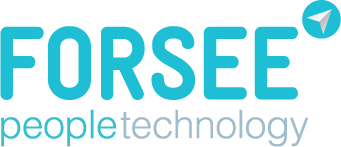One of the more fascinating fields in psychology is how humans make decisions. The revolutionary work of Amos Tversky and Daniel Kahneman which lead to the creation of the field of behavioural economics is particularly relevant to understanding how hiring decisions are made.
Heuristics are simple rules that the brain uses to make decisions or judgements. These heuristics are often very useful but in some situations can result in flawed thinking. The errors that can result from these processes are called Cognitive Biases. Without training on heuristics these biases are almost always unconscious. We not even aware we’re doing it. In plain English, when it comes to making decisions about complicated, uncertain outcomes we are prone to unconscious biases that can result in bad outcomes.
In terms of selection and recruitment the classic example is conducting an interview and unconsciously replacing the question “can this person perform well in the role” with a simpler question “do I like you”. The prediction about performance is too complicated and uncertain for our brains to assess so we subconsciously ask ourselves an easier question. Unfortunately “do I like you” has no predictive correlation with on the job performance. This is one of the key sources of the bad hiring decisions which are the biggest hidden cost in business.
“When faced with a difficult question, we often answer an easier one instead, usually without noticing the substitution,”
Daniel Kahneman – Noble Prize 2002.
Michael Lewis, the well known author of Moneyball and The Big Short recently wrote a book about Tversky and Kahneman called The Undoing Project which is bringing fresh attention to their Nobel Prize winning research. Forsee believes it is critical for HR professionals and business owners to understand how they approach making decisions in the workplace. Harrison Assessments predictive hiring technology provides an objective, systematic approach to ranking and selecting candidates. When shortlisting candidates for interview we have already automatically screened them for:
- Eligibility (skills/experience – can they do the work?)
- Suitability (personality/workplace preferences – will they enjoy the work?)
- Cognitive (verbal/numerical/critical thinking – do they have the necessary smarts for the work?)
By doing so we ensure that all candidates interviewed are a good fit for the specific role. We are removing unconscious bias from the screening process. In this scenario a hiring manager could choose someone they liked and still be confident that the individual will perform well in the role.

